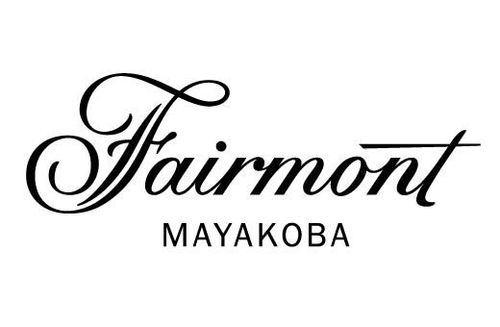Where travel agents earn, learn and save!
News / Scam Alert: Beware of Spring Break travel scams
AARP Pennsylvania is warning all Keystone State residents to be aware of common travel scams and take steps to protect themselves

With the arrival of spring break, many Pennsylvanians are looking forward to a well-deserved vacation. Unfortunately, scammers are also looking to take advantage of unsuspecting travelers. That's why AARP Pennsylvania is warning all Keystone State residents to be aware of common travel scams and take steps to protect themselves.
One of the most common scams involves offers of heavily discounted travel packages that seem too good to be true. These offers often require payment in advance, and when the time comes to travel, the promised accommodations and activities may not be available. Sometimes, travelers arrive at their destination only to find that the hotel or resort they booked doesn't even exist.
Another common scam involves phishing emails and fake travel websites. These messages may look like legitimate offers, but they often contain links to fake websites or ask for personal information that scammers can use to steal your identity. It's important to always double-check the URL of any website you visit and never click on links in unsolicited emails.
AARP Pennsylvania offers the following three tips to avoid travel scams:
- Be wary of any deal that is dramatically lower than what else is available at your destination
- Verify the legitimacy of online travel sites by looking closely at the web address – scammers often "spoof" legitimate hotels and third-party booking sites
- Don't trust anyone who requests a wire transfer or prepaid gift card to pay for your getaway – these are the payment forms preferred by today's scammers.
"Spring break should be a time to relax and have fun with your loved ones, not a time to become the victim of a scam," said David Kalinoski, Associate State Director of Community Outreach. "We encourage all Pennsylvanians to be vigilant and take steps to protect themselves from travel scams. Remember, if an offer seems too good to be true, it probably is."
Don't get left out in the cold this spring, be a fraud fighter! If you can spot a scam, you can stop a scam. For more information on avoiding travel scams and protecting yourself while traveling, visit the AARP Pennsylvania website.
Report scams to local law enforcement. For help from AARP, call 1-877-908-3360 or visit the AARP Fraud Watch Network at aarp.org/fraudwatchnetwork.











